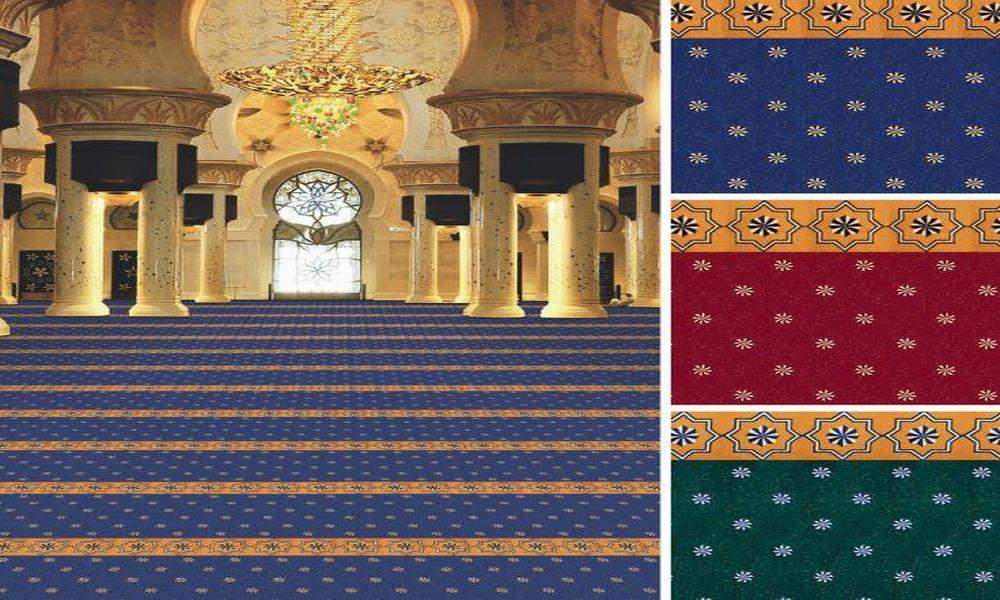Mosques are the spiritual centers of the Muslim community, where individuals come to pray and seek guidance. One of the essential features of a mosque is its prayer area, which is typically covered with a carpet. The use of mosque carpets is not only for practical reasons but also for religious and cultural significance. Muslims consider the mosque as a place of worship where they can connect with Allah and seek forgiveness. As such, the mosque’s atmosphere needs to be peaceful, serene, and conducive to prayer. Mosque carpets play a significant role in achieving this ambiance.
The primary purpose of mosque carpets is to provide a clean and comfortable place for Muslims to pray. The carpets protect the floors from dirt, dust, and other impurities that may distract worshippers during prayer. The soft texture of the carpet also adds to the comfort of the worshippers, allowing them to perform their prayers with ease. Mosque carpets come in various sizes, colors, and designs, each serving a specific purpose. For instance, some carpets have markings that indicate the direction of the Kaaba in Mecca, which is the holiest site in Islam.
What Makes Mosque Carpets Stand Out as Works of Art and Devotion?
Mosque carpets are more than just floor coverings; they are works of art and devotion. The process of creating a mosque carpet is a laborious one, involving skilled craftsmen who use traditional methods passed down from generation. The wool or silk used in mosque carpets is typically of high quality, and the dyeing process is done with natural materials such as plants or insects. The result is a carpet that not only looks beautiful but also feels luxurious to the touch.
The intricate designs found in mosque carpets are a testament to the skill and creativity of the craftsmen who create them. The designs are often symbolic and hold religious significance. For example, the use of geometric patterns in mosque carpets represents the infinite nature of Allah, while floral designs signify the beauty of his creations. The use of calligraphy is also common in mosque carpets, with verses from the Quran or names of Allah woven into the design.
Mosque carpets also hold great sentimental value for Muslims. Many families will donate a carpet to their local mosque as a way to honor their loved ones who have passed away. The carpet becomes a way to remember their loved ones and a symbol of their devotion to their faith. In some cases, a mosque carpet may become a family heirloom, passed down from one generation to the next.
How Are Mosque Carpets Crafted to Create a Serene and Spiritual Atmosphere?
Creating a serene and spiritual atmosphere in a mosque is crucial to its function as a place of worship. Mosque carpets play a significant role in achieving this atmosphere. The craftsmanship involved in creating a mosque carpet is a complex and lengthy process that requires skilled craftsmen.
The designs are not only aesthetically pleasing but also serve as a way to convey religious messages. For example, some mosque carpets may have verses from the Quran woven into their designs, reminding worshippers of the importance of faith.


